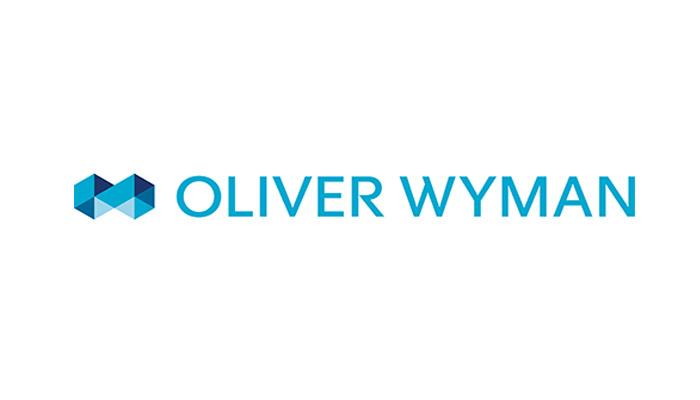
Oliver Wyman Report Quantifies the Impact of Delivering Excellence on Corporate Banking Return on Equity
Financial burdens from new regulation and digitalization are widely considered to be the biggest threats to banking business models. According to a new Oliver Wyman report, Delivering Excellence in Corporate Banking, the corporate banking segment currently faces a lower level of disruption compared to other segments such as retail banking, and manages to create a return of 13% pre-tax Return on Equity (RoE) – but there is a danger that banks are lulled into a false sense of security. Profitability will go down as new regulation is phased in and currently low provision levels return to long-term averages. In addition, competitive attacks from new entrants at the bank-client interface and in the creation of new products and services will continue and intensify. In this environment, the report states that delivering excellence, defined as the ability to provide the best services to clients at the lowest costs and with the lowest risk, is a bank’s best opportunity to protect its corporate banking business model in the medium-term and boost its economic performance in the short- term. The difference between best and worst performing bank in a market is 17% on average.
Delivering Excellence in Corporate Banking quantifies the impact of excellence on RoE by analyzing a set of drivers of excellence in the areas of pricing and client selection through product platforms, funding and operations. Oliver Wyman analysis shows that by being excellent it is possible to produce a solid, double digit return – at least while provision levels remain low. Banks in economically challenging locations even have the chance to neutralize the strong impact which operating in such a disadvantaged geography has on banks’ economic performance. In addition, being excellent will help banks to maintain their competitive advantages in the value chain.
Additional findings include:
The difference between best and worst performing bank can be explained by the varying levels of excellence between banks
Excellence is not only a driver to improve current performance. It is the best chance for banks to maintaining their competitive advantage, especially in those areas which are likely to be most under threat such as client access, product provision and balance sheet provision
Achieving excellence is a transformative effort. Banks’ executives need to ensure this ambitious agenda is not being crowded out by other priorities
Christian Edelmann, Partner and Head of Oliver Wyman's global Corporate & Institutional Banking practice, said: "The future of corporate banks lies in their own hands. Banks have all the ingredients to ensure they remain relevant and create sustainable returns, but they need to act now. The cost of being mediocre is far higher than the effort required to achieve excellence."
Thomas Schnarr, Partner in Oliver Wyman’s Corporate and Institutional Banking practice and author of the report, added: “The good news for banks is: you are not starting from a weak position. The bad news is: becoming excellent is as transformative as adopting a healthier lifestyle in that you need determination, perseverance and discipline. Those who master this challenge can reap significant benefits.”


























